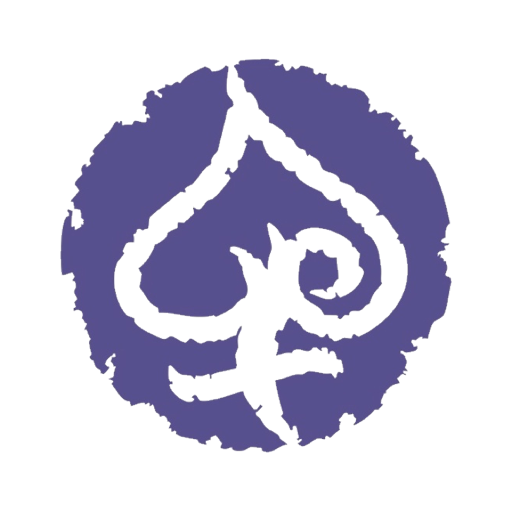“Positively Filipina”
Marie Claire Lim Moore
Development Director, The Women’s Foundation
FWN100™ Global 2014
If there is one thing I have learned as a Filipino-Canadian-American working mother is that the right attitude, combined with an appreciation of one’s own roots and values, is a winning formula in leading a successful and positive life. No doubt, this has been engrained in me by my positively Filipino parents and upbringing.
Three years ago, I wrote my first book to try to capture some of their story. Don’t Forget the Soap is a collection of anecdotes from my family’s global journey starting with my parents’ migration from the Philippines to my current experiences living abroad with my husband and our then two children. It has been coined everything from a “happy family handbook” to a “great big hug in a book” but I wasn’t purposely going for that. There are a number of books like The Happiness Project or Stumbling on Happiness that methodically try to measure and dissect happiness. I just wanted to share stories about my family while recounting lessons from my mother. I guess I could have anticipated the result. For as long as I can remember, someone was always commenting on our happy disposition.
In general, Filipinos are a happy bunch. Survey after survey and year after year, the Philippines comes up on top of every happiness index from The Economist to Instagram. This is one of the reasons why the country’s recent tourism tagline, “It’s more fun in the Philippines,” couldn’t be more perfect. Launched in 2012 to attract visitors to the country, this campaign has been incredibly successful in creating positive buzz. In fact, marketing intelligence service Warc released its annual Warc 100 list of the world’s top marketing campaigns and ranked the campaign as third, behind only Vodafone’s Fakka (Egypt) and American Express’ Small Business Saturday (USA). Using Filipinos themselves as the inspiration for the campaign and slogan was pure genius.
Beyond the seemingly inherent Filipino trait, however, I attribute our happiness to my parents from whom I’ve learned nearly everything. My mother has taught me how to stock a pantry so you’re always visitor ready, how to perfectly wrap a gift, and how to properly greet my elders. My father has taught me how to drive a stick shift on the hills of Sao Paulo, how to talk to anyone about anything, and how to efficiently pack a balikbayan box. Both of them have taught me how to be kind, thankful, and patient. But, the most important lesson I’ve learned from them is this: the happiest people don’t have the best of everything—they make the best of everything.
“Making the best of everything” encapsulates what I love most about my parents. It also summarizes their immigrant experience as well as our family existence. It has been so engrained in me that I subconsciously apply it to all aspects of my own life. I would like to submit a chapter about how my parents lived out this mantra and the impact it has had on me personally and professionally with a particular focus on my leadership style.

